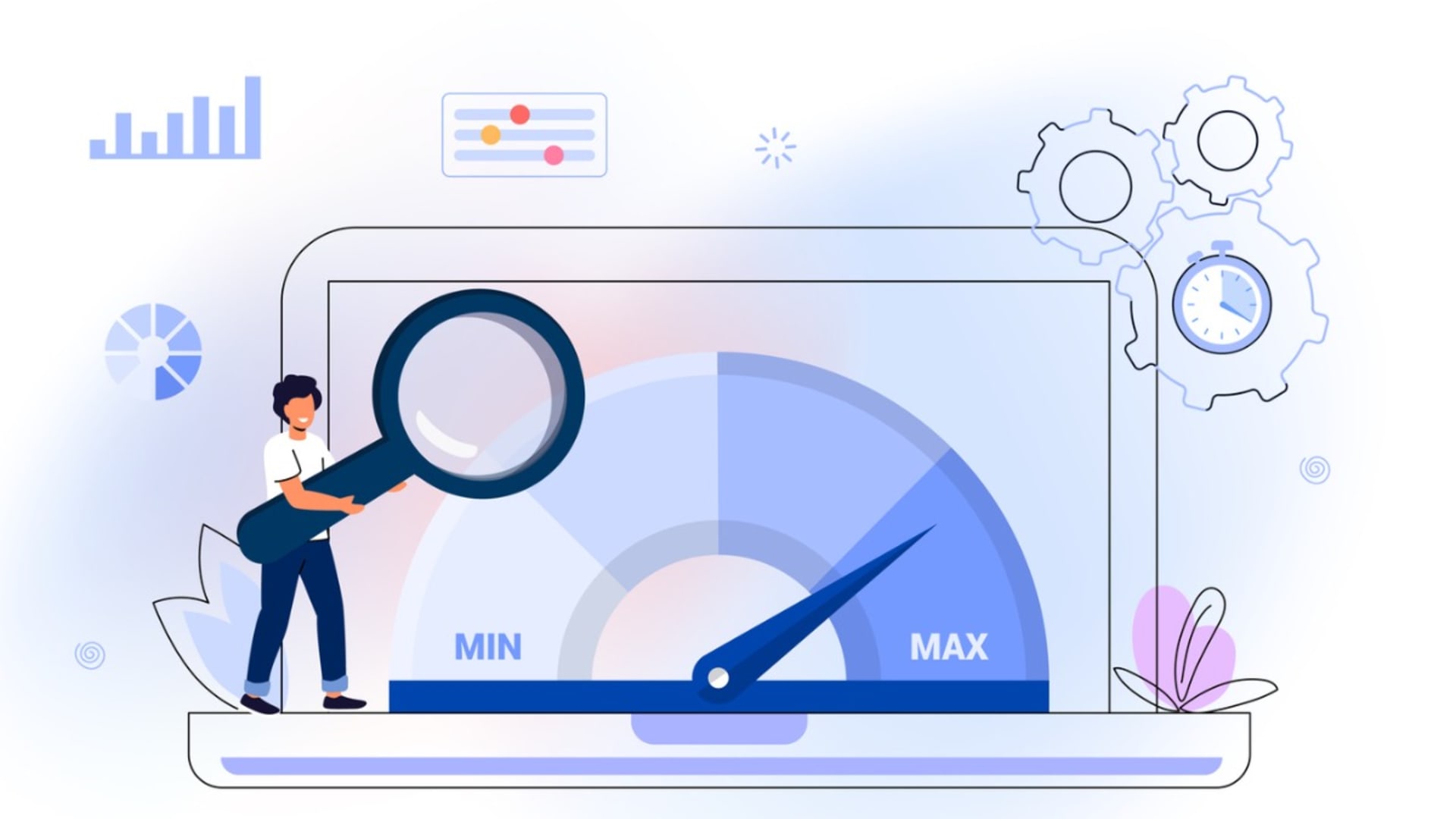Managing customer relationships is sales and marketing 101 — in order to thrive and grow as a business, you must nurture existing relationships and develop new ones. Fortunately, there is a simple technological solution in this increasingly digital world: customer relationship management (CRM) platforms.
These tools have been central to organizations’ business strategies for a number of years, and they have proven pivotal during the COVID-19 pandemic, when many operations, including relationship-growing, have been conducted remotely.
In fact, the Global Customer Relationship Management Market is anticipated to reach $94.4 billion by 2027, a market growth of 11.3% CAGR.
Many CRM solutions already exist, including software from Adobe, HubSpot, Microsoft, Oracle, Salesforce, SAP, and Zoho, to name just a few. But due to the skyrocketing demand for CRMs at businesses in many sectors, some companies are looking to CRM developers to customize existing platforms or build new ones from scratch.
CRM Developers Hiring Guide
When businesses and organizations need customized CRM platforms, they turn to specialized CRM developers. These development professionals have deep knowledge about how to work with this software and are equipped with the skills to both customize it and build it from scratch.
The CRM developer will also look at the business’ overall needs to determine how they can best support them and work with various departments to integrate the software with existing or forthcoming systems, such that everything runs smoothly and cohesively.
The developer can have a huge impact on the overall organization and the way in which it manages relationships with customers. Because of these benefits, CRM developers are in high demand.
Interview Questions
What benefits do CRMs offer businesses?
CRMs are primarily vehicles for handling business-client relationships and, as such, they offer a number of benefits. For example, you can track analytics and feedback on customer behaviors and responses to campaigns. You can even deploy campaigns from within the CMR in many cases. These tools allow you to hone and improve your overall marketing strategies by informing you about how to best target your efforts and where you are operating most successfully. You can also store critical consumer information, as well as handle communications within individuals and larger groups.
What is a plugin?
Plugins have several functions. Essentially, they extend certain functions of the CRM, allowing it to carry out operations beyond the core features of the platform, altering the way it behaves. It also enables you to collect information about customers. These tools allow you to hone and improve your overall marketing strategies by informing you about how to best target your efforts and where you are operating most successfully. You can also store critical consumer information, as well as handle communications within individuals and larger groups.
What are some mistakes businesses make when incorporating CRMs?
Naturally, any range of hiccups can occur when you’re building or modifying a CRM. Some common causes of mishaps are: Lack of communication Lack of clarity about requirements and objectives Changing requirements Problems with the existing infrastructure Lack of buy-in among staff Insufficient security Insufficient training on how to use the CRM Attempting to integrate additional technology without the proper tools
What are some mistakes businesses make when incorporating CRMs?
The developer should mention some common causes of mishaps like:
Lack of communication
Lack of clarity about requirements and objectives
Changing requirements
Problems with the existing infrastructure
Lack of buy-in among staff
Insufficient security
Insufficient training on how to use the CRM
Attempting to integrate additional technology without the proper tools
What is a CRM workflow?
A workflow includes steps you must take in order to meet key objectives for or within the CRM. You must perform them in a certain sequence to meet the end goal.
What are the 3 types of CRMs?
There are several types of CRMs. The 3 main ones are:
Operational: This type streamlines the processes within a business, helping them generate and capture new leads.
Analytical: An analytical CRM allows organizational leaders to obtain and use data to better inform their strategies.
Collaborative: A collaborative CRM facilitates distributing information across different departments and teams, allowing them to work in harmony to meet customer needs.
Job Description
We are in search of a results-driven CRM developer, specializing in Microsoft Dynamics and other CRM technologies and platforms. You will work closely with the software development team to create solutions.
Responsibilities
- Work with stakeholders to discuss and assess requirements
- Research requirements
- Keep stakeholders informed about all efforts
- Design and build new, customized, scalable CRM platforms
- Identify and address holes within current systems
- Scale and maintain current platforms
- Collaborate with team members, including business analysts and QA analysts
- Carefully document all efforts
- Create project roadmaps
- Develop training materials and provide training as appropriate
- Unit-test all code
- Address any bugs in the code
- Migrate existing systems to the CRM
- Align CRM goals with business objectives
- Integrate CRMs with third-party platforms
- Maintain a consistently high level of quality in all software
Skills and Qualifications
- At least 5 years of experience building CRMs
- Experience with programming languages including Java, JavaScript, C++, Python, or C#
- Knowledge of major relevant systems and platforms, such as Microsoft Dynamics and Salesforce
- Problem-solving, collaboration, analytical, time-management, and communication skills
- Bachelor’s degree in computer science, software development, or a related field
- Optional: CRM certification











